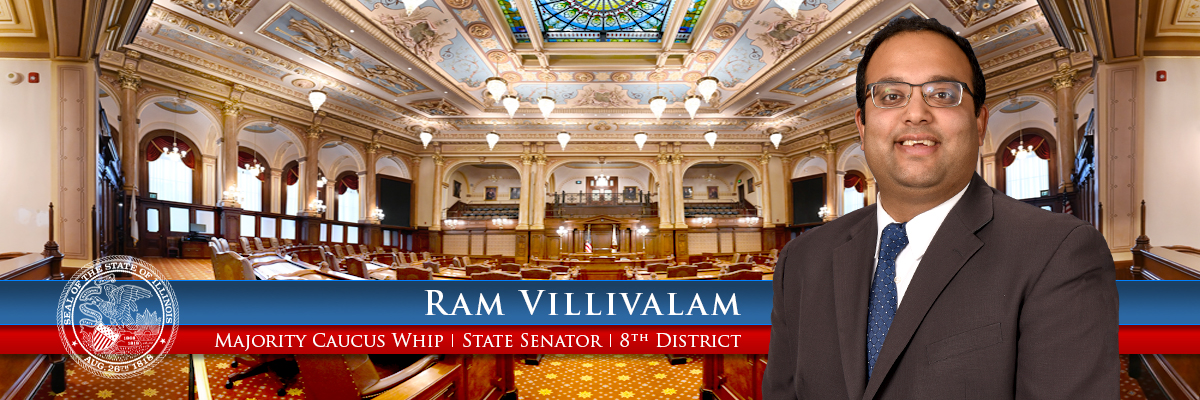Originally published in the Daily Herald, August 31, 2020.
As Metra strives to recapture riders wary of commuting during a pandemic, the railroad faces COVID-19 fallout on other fronts -- no money, picketing workers, Illinois Senate scrutiny and balking conductors on Union Pacific lines.
Members of the Brotherhood of Maintenance Workers Employee Division of the Teamsters brought their work safety grievances to Metra directors' homes this summer. It resulted in one encounter where union officials say they were threatened with a firearm, although police dispute those claims. The employees, who fix tracks, structures and stations, want Metra to offer COVID-19 testing and regular temperature checks. Thirty union members have tested positive for COVID-19 and one worker died of the virus, Metra confirms. Even with masks, workers are anxious about close conditions, such as driving four to a truck en route to jobs, Teamsters representative Nick Manojlovic said.
"No one wants to go to work and bring that (virus) home to our families," Manojlovic said.
The union and Metra are currently negotiating a contract. Things got messy at Director Ken Koehler's house in Crystal Lake Aug. 6, when a crowd of Teamsters materialized with signs and a bullhorn. According to Manojlovic, Koehler at one point intimidated protesters by displaying a pistol and saying, "I'm armed."
But "that is absolutely not true," countered Koehler, who has a concealed carry license. His firearm "never left the holster," he said. "I did not display it, I did not try to agitate anyone."
The former McHenry County Board chairman said he's dealt with labor protests before but not to the extent of having a noisy throng in his neighborhood. Crystal Lake Police Deputy Chief Thomas Kotlowski said the Metra director told officers who came to his house that he had a concealed carry license and handed over his firearm temporarily upon request.
"At no time did (Koehler) threaten any protesters," Kotlowski said. "During the incident, all parties were peaceful."
In July, Illinois Senate Transportation Committee members asked Metra and transit agencies across the state to report on COVID-19 safety precautions to keep passengers and employees safe. Given workers' concerns, lawmakers are closely reviewing Metra's response to see if further action is needed, said Chairman Ram Villivalam, a Chicago Democrat.
Meanwhile, $1 million a month is flying out the train door because Union Pacific has instructed its conductors not to collect fares. Because of COVID-19 safety concerns, UP trains are limited to one conductor who opens and closes doors and checks boardings, UP spokeswoman Kristen South said. During Illinois' stay-at-home order, conductors on all 11 Metra lines did the same, Gillis said, "but starting in June the rest of the lines resumed working the trains and UP did not." Typically, Metra trains have two conductors (sometimes three at rush hour), and their absence has raised security concerns.
Union Pacific is suing to extricate itself from operating Metra trains on its tracks. Metra contends federal law obligates UP to stay put. If staffing angst weren't enough, Metra's CFO projects a funding void of $682 million by the end of 2021. Federal aid will offset $480 million, leaving a $202 million gap. As of July 31, ridership is down by 91% compared to 2019 as students and adults work from home. Sales tax receipts are down nearly 10% from projections through April.
"We are still running largely empty trains," Chief Financial Officer Tom Farmer said at a recent meeting.
Heading to work in Glen Ellyn on Wednesday, Bryan Heath was one of two riders in a Metra BNSF Line railcar. With those numbers, he's not worried about coronavirus exposure. Rather, "I'm more concerned if Metra has the funds to keep going," Heath said.




